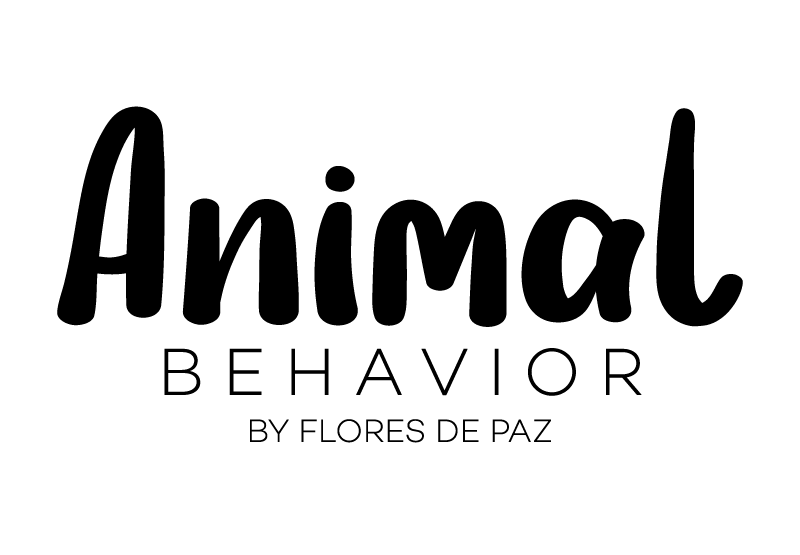We often think of animal behavior in terms of instinct and conditioning. However, the emotional lives of animals play a crucial role in shaping their behaviors. From the social bonds formed between elephants to the fear-driven responses of prey animals, emotions are key drivers of animal behavior.
So, how do emotions influence animal behavior? For one, emotions can influence an animal’s decision-making process. For example, a predator may decide to pursue a weaker prey animal if it is feeling particularly hungry or aggressive. Similarly, social animals like primates and dolphins rely on emotional cues to navigate complex social hierarchies and form strong bonds with their peers.

Emotions can also drive learned behaviors. For example, animals that have experienced trauma or abuse may develop anxiety-related behaviors, such as avoidance or aggression, as a way to cope with their emotions. Likewise, positive experiences can lead to learned behaviors that are reinforced through the reward of positive emotions.
However, it’s important to note that animals may not always express their emotions in ways that we can easily recognize. For example, a dog may exhibit destructive behavior as a way to cope with separation anxiety, which can be misinterpreted as a behavioral problem rather than an emotional one.
When we fail to recognize and address the emotional lives of animals, we may be more likely to engage in practices that cause them unnecessary suffering, such as using cruel training methods or keeping animals in inadequate living conditions
The emotional lives of animals are a critical component of their behavior, and it’s essential that we consider these emotions when working with animals. By recognizing and respecting the emotional lives of animals, we can create more positive and mutually beneficial relationships with them. Let’s continue to explore the complex emotional world of animals and strive to be better stewards of their well-being.
Thanks for reading our blog on the relationship between animal emotions and behavior! If you’re interested in learning more about this topic, be sure to check out our other articles on animal behavior and welfare. And if you’re looking for ways to support animal welfare, consider volunteering at a local animal shelter or supporting organizations that work to protect animals and their habitats.
Remember you can always ask us regarding your situation with your animal. Do you doubt about what he’s feeling? Do you want to know what emotion is behind a conduct? Ask us for free at contacto@floresdepaz.cl and we will happily help you out!



